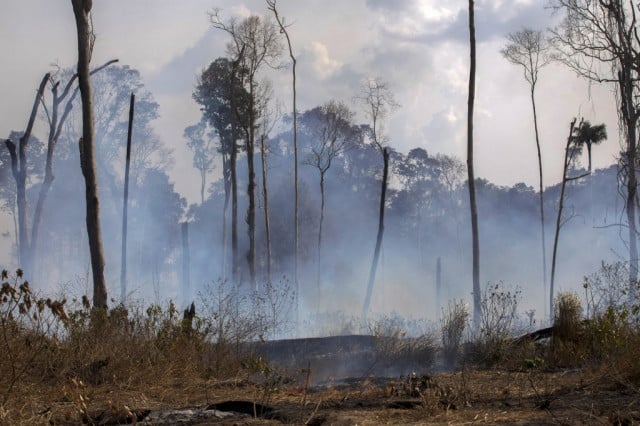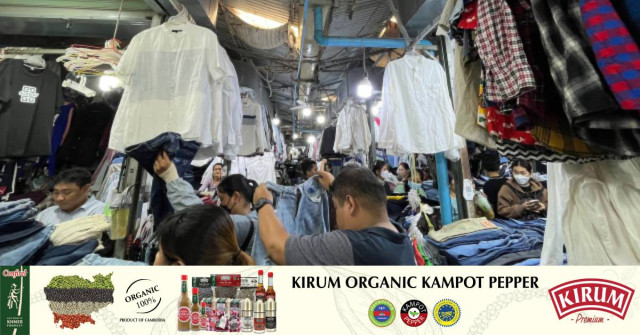Cambodia and the Curse of Forced Labor

- By Cambodianess
- September 11, 2022 10:00 AM
Until recently, when Cambodia was concerned by human trafficking, it was because Cambodians were the victims.
Poor people from the rice fields reduced to a status close to slave abroad, young women from the kingdom bought as wives by men from neighboring countries or sold to local or international prostitution networks: The flow was virtually going only in one direction. The criminals—backers and middlemen—were attempting to realize a maximum profit out of the country’s poverty.
However, over the last few months, not a day goes by without a human trafficking case whose victims are foreigners—Chinese, Vietnamese, Filipino, Thai and so on—being exposed.
Has the country suddenly become wealthy to the point of having turned into a promised land for all the poor people of the neighboring countries whom traffickers would be able to easily exploit?
Of course not.
On the other hand, the large-scale inflow of foreign and especially Chinese investments in the country has generated a massive labor demand, some of it in illegal activity sectors from which traffickers in human beings have immediately attempted to benefit.
Of course, as the Minister of Interior was mentioning, the sponsors as well as the poor people caught in their trap are foreigners, and Cambodia does not want to get blamed for such trafficking of which the country may actually also be a victim.
The fact remains that it is up to Cambodia, and solely to Cambodia, being a sovereign state, to be intractable regarding such inhuman crimes of which Cambodians have been—and still are—too often themselves the target. Whether or not the country is involved in such trafficking does not alter the fact that Cambodia is responsible for it in terms of its international commitments and the more so in terms of the victims.















